Ferrets are playful, intelligent, and affectionate creatures that have captured the hearts of pet owners worldwide. These curious and energetic members of the mustelid family can make wonderful companions for the right owner, offering years of entertainment and companionship. However, ferrets have specific care requirements that differ significantly from more common pets like cats and dogs. Providing proper care for these specialized pets involves understanding their unique dietary needs, housing requirements, health concerns, and behavioral traits. Whether you’re considering adopting a ferret or are a new ferret owner looking to improve your pet’s quality of life, this comprehensive guide will walk you through everything you need to know about responsible ferret ownership.
Understanding Ferret Basics
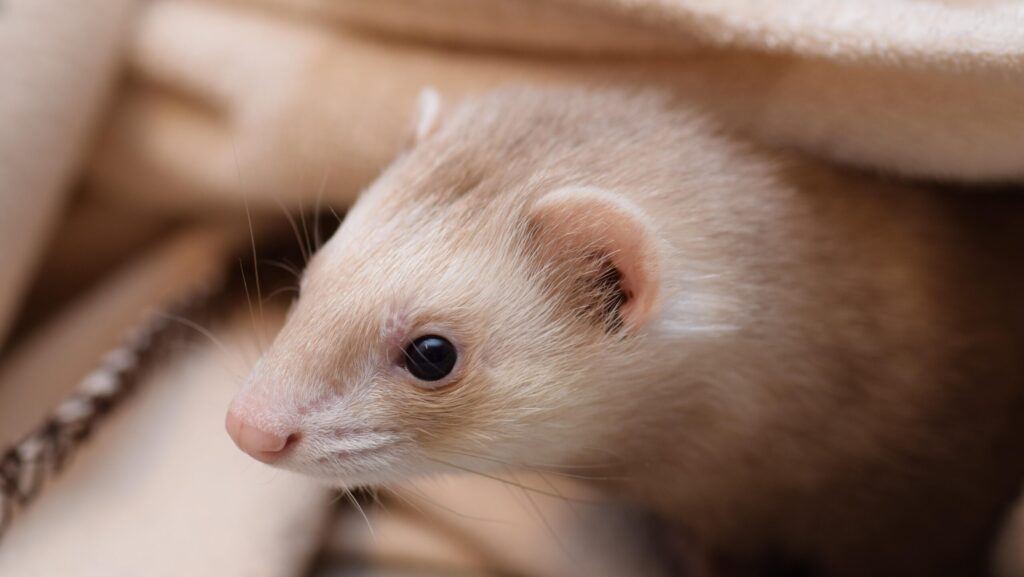
Ferrets (Mustela putorius furo) are domesticated mammals that belong to the same family as weasels, otters, and badgers. They typically weigh between 1-4 pounds and have an average lifespan of 6-10 years when properly cared for. Ferrets have long, slender bodies covered in soft fur that comes in various colors including sable, albino, cinnamon, and patterned varieties. Their playful and social nature makes them engaging pets, but potential owners should know that ferrets require significant time and attention. Unlike some pets that can be left alone for extended periods, ferrets thrive on interaction and can become depressed or develop behavioral issues if neglected. Understanding these basic characteristics is essential before bringing a ferret into your home.
Creating the Perfect Ferret Habitat
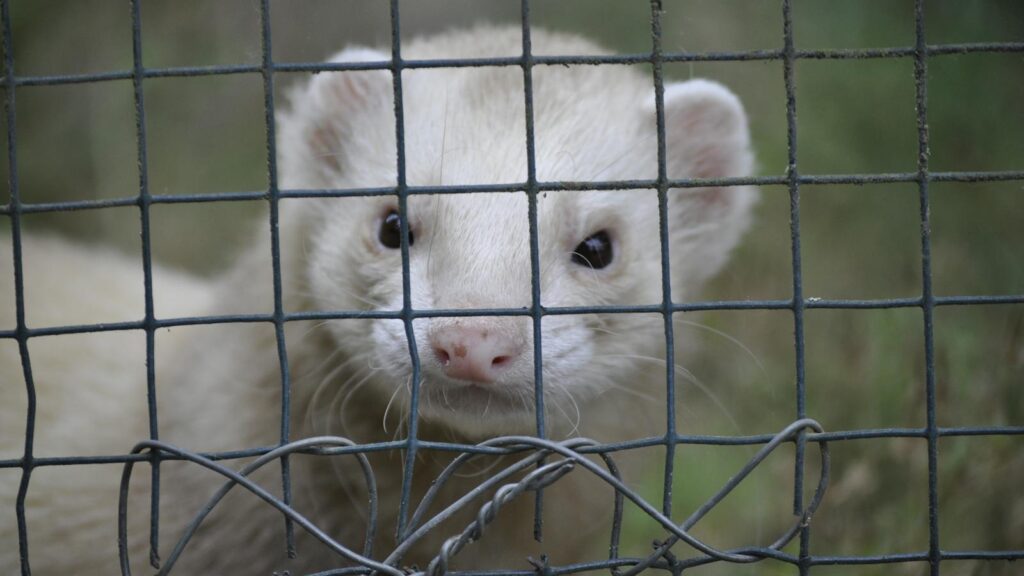
Ferrets need a spacious, secure cage that provides plenty of room for movement, play, and separate areas for sleeping, eating, and elimination. The minimum recommended cage size for a single ferret is 24″ x 24″ x 18″, but larger is always better, especially if you have multiple ferrets. Multi-level cages with ramps and platforms are ideal as they allow ferrets to climb and explore, satisfying their natural curiosity. The cage should be equipped with a solid floor rather than wire to prevent foot injuries, and should include hammocks or sleep sacks for resting, as ferrets sleep 14-18 hours per day. Temperature control is crucial as ferrets are sensitive to heat and should be kept in environments between 50-80°F (15-26°C). Place the cage away from direct sunlight and drafts, ensuring good ventilation while maintaining appropriate temperatures.
Essential Dietary Requirements
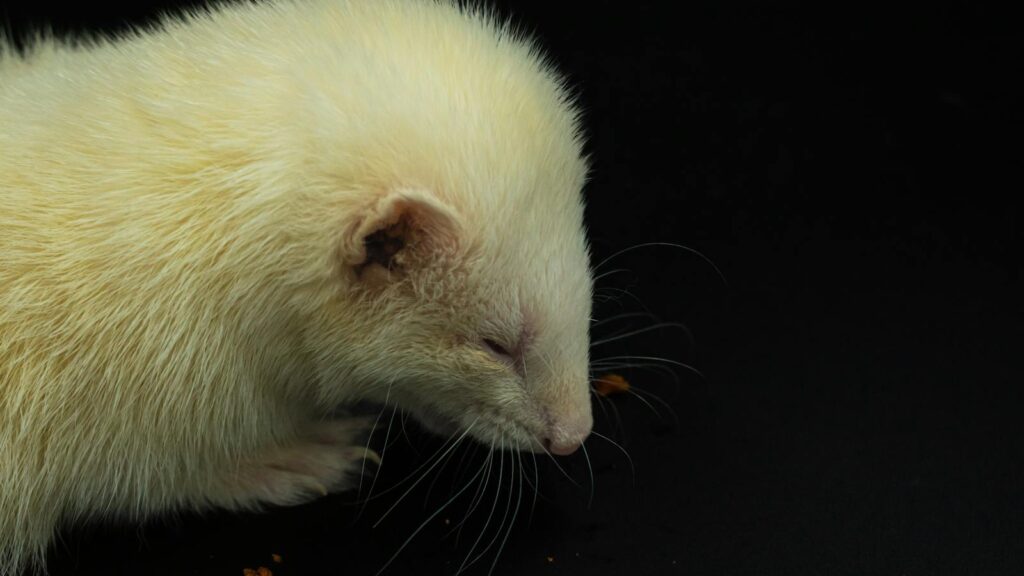
Ferrets are obligate carnivores with extremely high metabolic rates, requiring a diet rich in animal protein and fat while being low in fiber and carbohydrates. Commercial, high-quality ferret food specifically formulated for their nutritional needs is the best option, though premium kitten food with at least 35% protein and 20% fat can serve as an alternative. Foods containing grains, vegetables, or fruits should be avoided as ferrets lack the cecum needed to digest plant matter. Fresh water should always be available, preferably through a water bottle attached to the cage to prevent spillage. Ferrets eat frequently due to their short digestive tracts, so food should be accessible at all times. Treats should be given sparingly and limited to meat-based options like small pieces of cooked chicken or specialized ferret treats, avoiding sugary or starchy foods that can lead to insulinoma and other health problems.
Ferret-Proofing Your Home

Before allowing your ferret out for playtime, thorough ferret-proofing is essential as these curious creatures can squeeze into surprisingly small spaces. Block off any holes or gaps larger than 1 inch in diameter, including spaces behind appliances, under cabinets, or inside reclining furniture where ferrets can become trapped or injured. Secure or remove rubbery items like shoe insoles, erasers, and rubber bands, as ferrets are attracted to these textures and may ingest them, causing potentially fatal intestinal blockages. Cover electrical cords with protective tubing or keep them out of reach, as chewing on live wires can result in electrocution. Keep toxic houseplants, cleaning supplies, and medications securely stored where ferrets cannot access them. Remember that ferrets are natural diggers and may try to burrow into couches or box springs, so these areas should be blocked off or reinforced to prevent damage and entrapment.
Exercise and Playtime Requirements

Ferrets are incredibly active animals when awake and require at least 3-4 hours of supervised out-of-cage time daily, divided into multiple play sessions. Their high energy levels and playful nature demand regular physical activity to maintain good health and prevent boredom-related behavioral problems. Create a designated ferret play area with tunnels, tubes, paper bags, and ferret-safe toys that encourage natural behaviors like exploring, chasing, and hiding. Rotate toys regularly to keep your ferret interested and mentally stimulated. Interactive play with owners is equally important for bonding and socialization, so spend time engaging with your ferret using toys like feather wands or soft balls. Remember that ferrets play differently than cats or dogs and may appear aggressive during play with biting and wrestling, but this is normal behavior as long as it doesn’t escalate to true aggression with arched backs or puffed tails.
Health Monitoring and Veterinary Care

Regular veterinary care is crucial for maintaining a ferret’s health, so find an exotic pet veterinarian experienced with ferrets before adoption. Schedule annual check-ups for young healthy ferrets and bi-annual visits for ferrets over 3 years old, as they’re prone to age-related illnesses. Key vaccinations include distemper and rabies, administered according to your vet’s recommended schedule. Spaying or neutering is highly recommended not only to prevent reproductive cancers but also to reduce territorial marking behaviors and musky odor, particularly in males. Learn to perform weekly health checks at home by examining your ferret’s ears, eyes, nose, teeth, skin, and coat for any abnormalities. Monitor your ferret’s weight, energy levels, eating habits, and bathroom routines, as changes can indicate health problems. Common ferret health issues to watch for include adrenal disease, insulinoma, lymphoma, and dental disease, all of which require prompt veterinary attention when suspected.
Grooming and Hygiene Practices
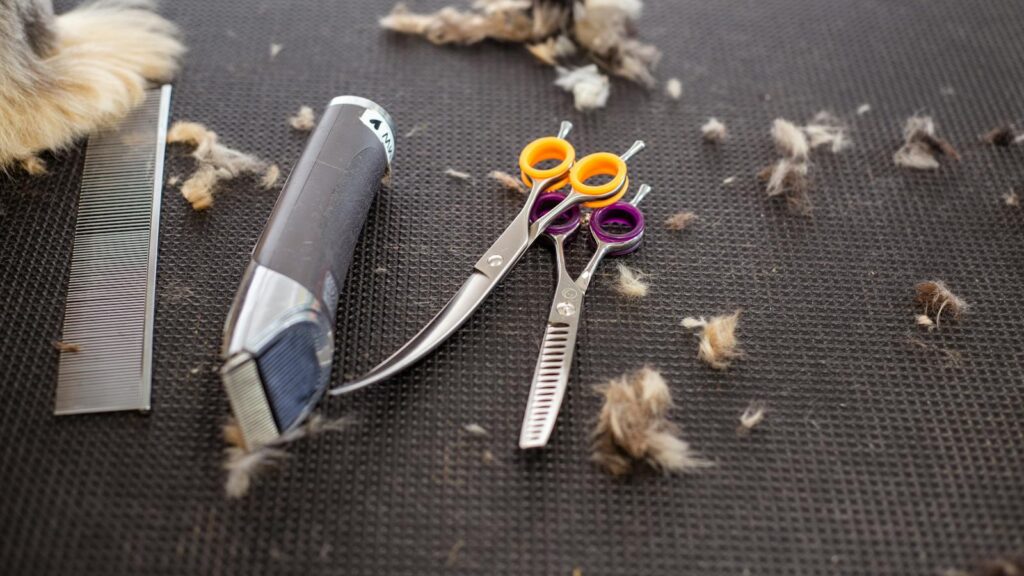
Despite their reputation, properly cared for ferrets aren’t excessively smelly, though they do have a natural musky scent from their skin glands that cannot and should not be eliminated completely. Bathing should be limited to once every 1-2 months using a gentle ferret-specific or baby shampoo, as frequent bathing strips natural oils and actually increases odor as the skin overcompensates. Nail trimming should be performed every 2-3 weeks using small animal nail clippers, being careful to avoid the quick (the pink area inside the nail containing blood vessels). Ear cleaning is necessary every 2-4 weeks using a cotton swab dampened with ferret ear cleaner, gently wiping only the visible parts of the ear canal. Dental care is also important; offer dental treats designed for ferrets or brush their teeth with a finger brush and pet-safe toothpaste to prevent tartar buildup and gum disease. Regular cage cleaning, including daily litter box maintenance and weekly bedding changes, helps control odors far more effectively than over-bathing your pet.
Litter Training Your Ferret
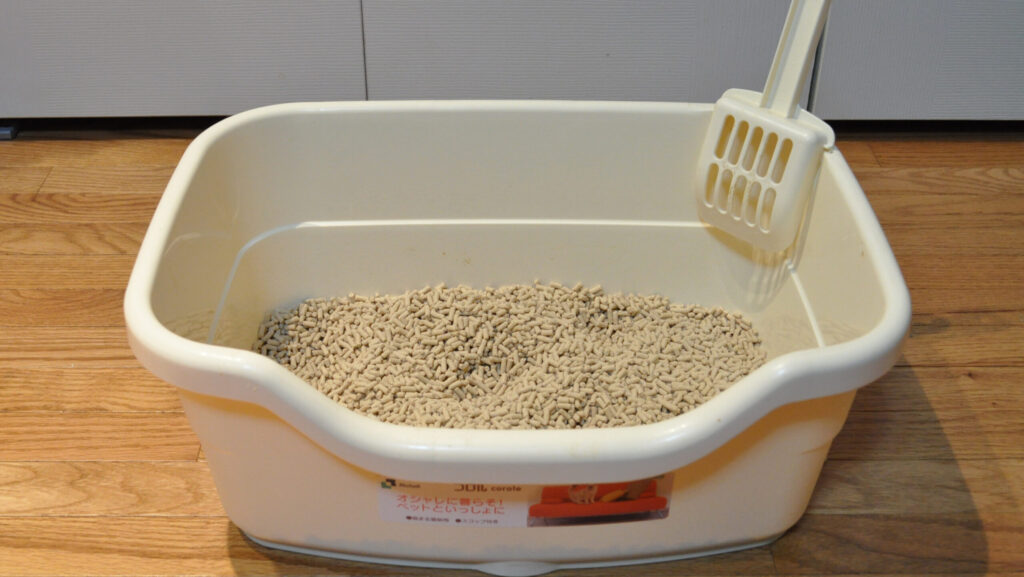
Ferrets can be effectively litter trained, though they typically won’t achieve the perfect consistency of cats. Begin training by observing your ferret’s preferred bathroom corners and placing appropriate litter boxes in those locations. Use low-sided litter boxes that are easy for ferrets to enter and exit, placing one in each room where your ferret plays and at least one in their cage. Choose the right litter material – avoid clay, clumping, cedar, or pine litters, which can cause respiratory issues or intestinal blockages if ingested. Instead, opt for paper-based, pelleted paper, or recycled paper litters specifically designed for small animals. When accidents occur, clean thoroughly with enzymatic cleaners to remove all scent traces which might attract repeat marking. Consistency and positive reinforcement are key – reward your ferret when they use the litter box correctly, and be patient, as training may take several weeks for younger ferrets and longer for adults with established habits.
Social Needs and Companionship

Ferrets are highly social animals that naturally live in groups called “businesses” in the wild, and they generally benefit from having ferret companions in captivity. Most ferrets enjoy the company of their own kind and will play, sleep, and bond with other ferrets, though proper introduction techniques are essential to prevent territorial disputes. If keeping a single ferret, owners must compensate by providing significantly more interaction and playtime to prevent loneliness and depression. When introducing new ferrets, do so gradually in neutral territory with supervision, allowing them to establish their hierarchy naturally with some expected wrestling and dominance behaviors. Even in multi-ferret households, human interaction remains important for socialization and bonding. Recognize that each ferret has a unique personality – some may be more independent while others crave constant attention – and adjust your approach accordingly to meet their individual social needs.
Handling Behavioral Challenges
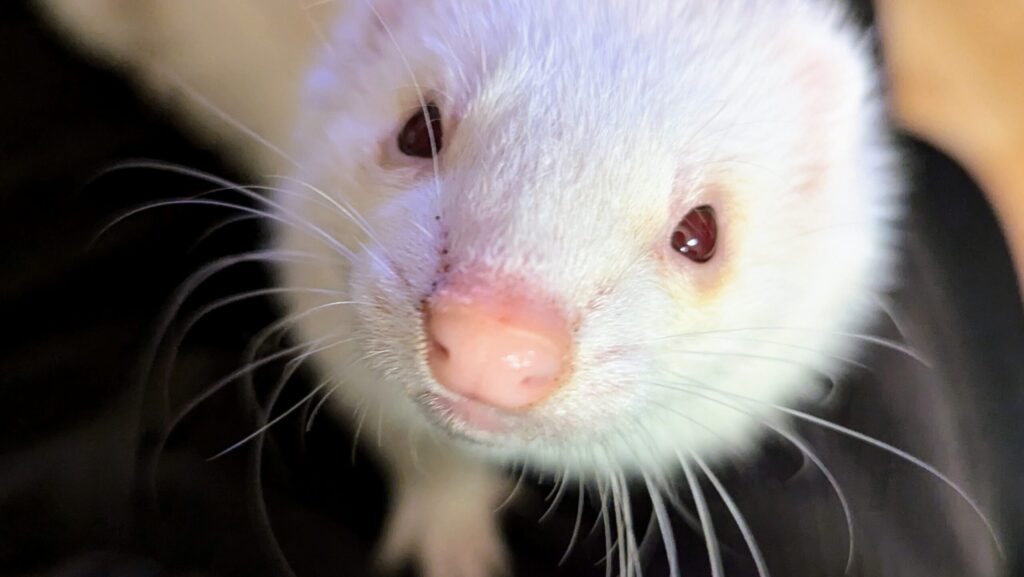
Understanding natural ferret behaviors helps distinguish between normal activities and problematic issues requiring intervention. Nipping or biting during play is common in young ferrets who haven’t learned bite inhibition, and can be addressed by using a firm “no” followed by a time-out in the cage for a few minutes, consistently teaching them appropriate play boundaries. Digging behaviors stem from natural instincts and should be redirected to appropriate outlets like a dig box filled with rice, beans, or shredded paper rather than suppressed. Hoarding is another instinctual behavior; ferrets may collect and hide small objects, so provide them with ferret-safe toys they can “steal” while keeping valuable or dangerous items out of reach. Food aggression, excessive fear, or sudden aggression are not normal behaviors and may indicate health problems or past trauma, requiring veterinary consultation. Remember that punishment is ineffective with ferrets; instead, focus on positive reinforcement for desired behaviors and providing appropriate outlets for natural instincts.
Seasonal Care Considerations
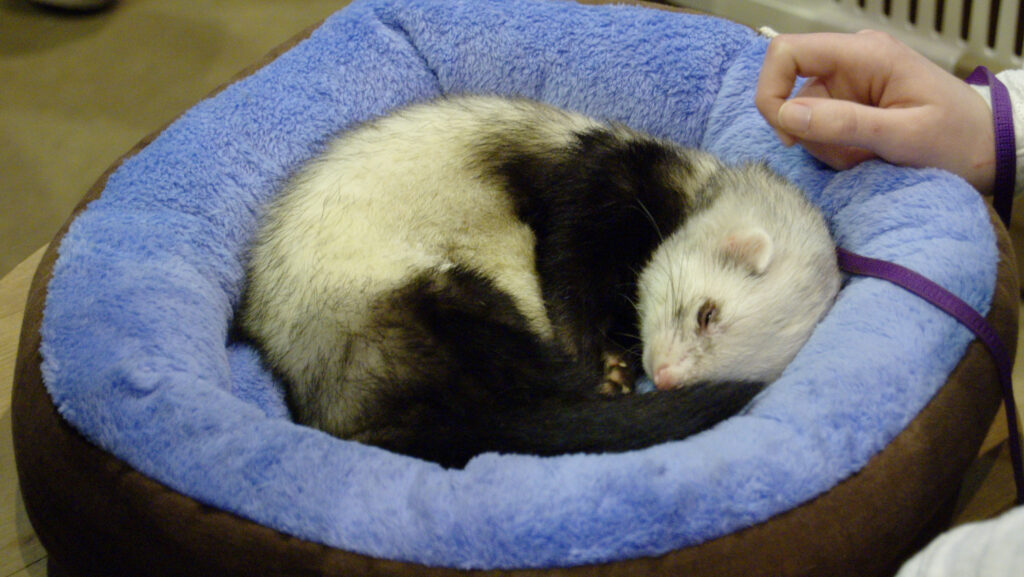
Ferrets undergo natural seasonal changes that affect their care requirements throughout the year. During autumn and early winter, many ferrets develop a thicker winter coat and may gain weight as part of their biological preparation for colder months, even in controlled indoor environments. This “winter coat” will naturally shed in spring during a more significant molt than their regular minor shedding. Summer presents specific challenges as ferrets are extremely vulnerable to heat stress and can quickly develop potentially fatal heatstroke in temperatures above 80°F (26°C). Air conditioning is essential for ferret owners in hot climates, and additional cooling methods like ceramic tiles in the cage, cooling mats, or frozen water bottles wrapped in towels should be provided during warmer months. Monitor your ferret’s appetite and activity levels across seasons, as these naturally fluctuate somewhat but significant changes could indicate seasonal affective disorder or other health concerns requiring veterinary attention.
Travel and Emergency Preparedness

Planning ahead for travel with ferrets or emergency situations is essential for responsible ownership. For travel, invest in a secure carrier with adequate ventilation, familiar bedding, and attach water bottles designed for travel use. Never leave ferrets unattended in parked vehicles, as they’re extremely sensitive to temperature fluctuations. Research pet-friendly accommodations in advance and carry documentation of vaccinations as some states have specific entry requirements for ferrets. For emergency preparedness, create a ferret-specific evacuation kit including a minimum three-day supply of food and water, medications, portable litter box, first aid supplies, and current photos of your ferret for identification purposes. Establish an emergency care plan with a friend or family member familiar with ferret care who can step in if you’re unable to care for your pet. Keep your veterinarian’s contact information readily available along with the address and phone number of the nearest 24-hour emergency exotic veterinary hospital that treats ferrets.
Common Ferret Myths Debunked

Misinformation about ferrets abounds, leading to improper care practices and unrealistic expectations. One persistent myth is that ferrets are rodents, when they are actually carnivorous mammals in the mustelid family, requiring meat-based diets rather than seeds and plant matter. Another common misconception is that ferrets can live happily in small cages with minimal interaction, when they actually need spacious housing and several hours of daily playtime outside their cage. Some people believe ferrets can be de-scented like skunks to eliminate all odor, but their natural musky smell comes primarily from skin glands and can only be managed, not eliminated entirely. Perhaps most dangerously, there’s a myth that ferrets can subsist on cat food alone, when in reality they need specialized high-protein, high-fat nutrition specifically formulated for their unique digestive systems. Understanding the truth behind these myths is essential for providing appropriate care and maintaining realistic expectations about ferret ownership.
Long-Term Commitment and Considerations
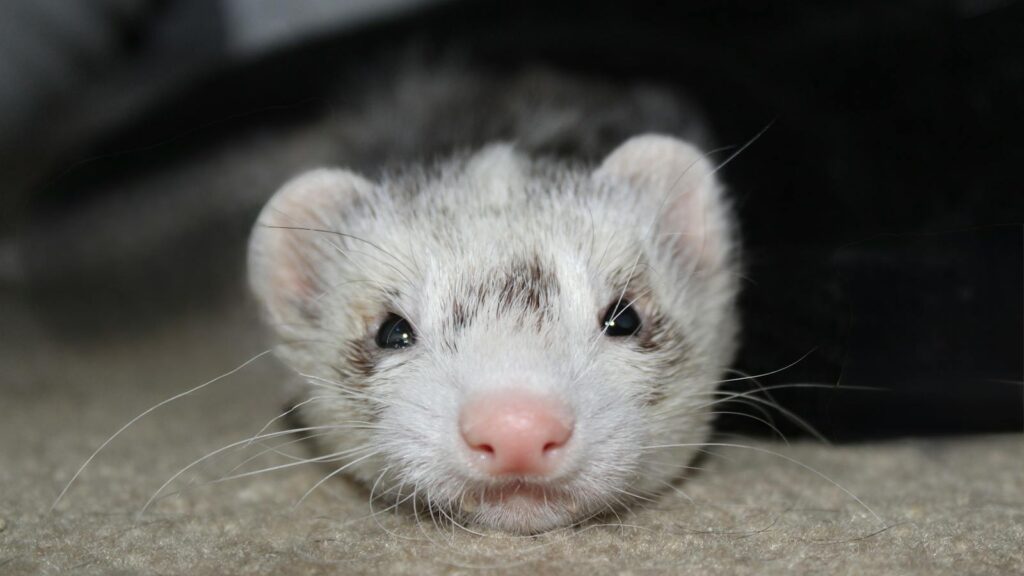
Adopting a ferret means committing to 6-10 years of specialized care for a pet with complex needs. The financial commitment extends beyond the initial purchase price to include quality housing, premium food, toys, routine veterinary care, and often expensive medical treatments as ferrets age and become prone to certain diseases. Lifestyle compatibility is equally important to consider – ferrets require daily interaction, cannot be left alone for extended periods, and need owners willing to ferret-proof their homes and tolerate some natural behaviors like digging and stashing items. Legal considerations vary by location, as ferrets are illegal or restricted in some cities and states including California, Hawaii, and New York City, requiring research before adoption. Potential owners should also consider future living situations, as finding ferret-friendly rental properties can be challenging. For those unable to make this significant commitment, consider alternatives like volunteering with ferret shelters or rescue organizations to experience these delightful animals without the full responsibility of ownership.
Caring for a pet ferret properly requires dedication, knowledge, and preparation, but the rewards of sharing your life with these charismatic and affectionate creatures make the effort worthwhile. By providing appropriate housing, nutrition, veterinary care, enrichment, and socialization, you can ensure your ferret lives a healthy, happy life as a beloved family member. Remember that each ferret has a unique personality and may have individual preferences and needs beyond the general guidelines outlined here. The bond that develops between a well-cared-for ferret and its attentive owner is special and distinctive, characterized by playful interactions, mutual trust, and genuine affection. If you’re prepared for the commitment, ferret ownership can be an extraordinarily fulfilling experience filled with daily moments of joy and discovery.


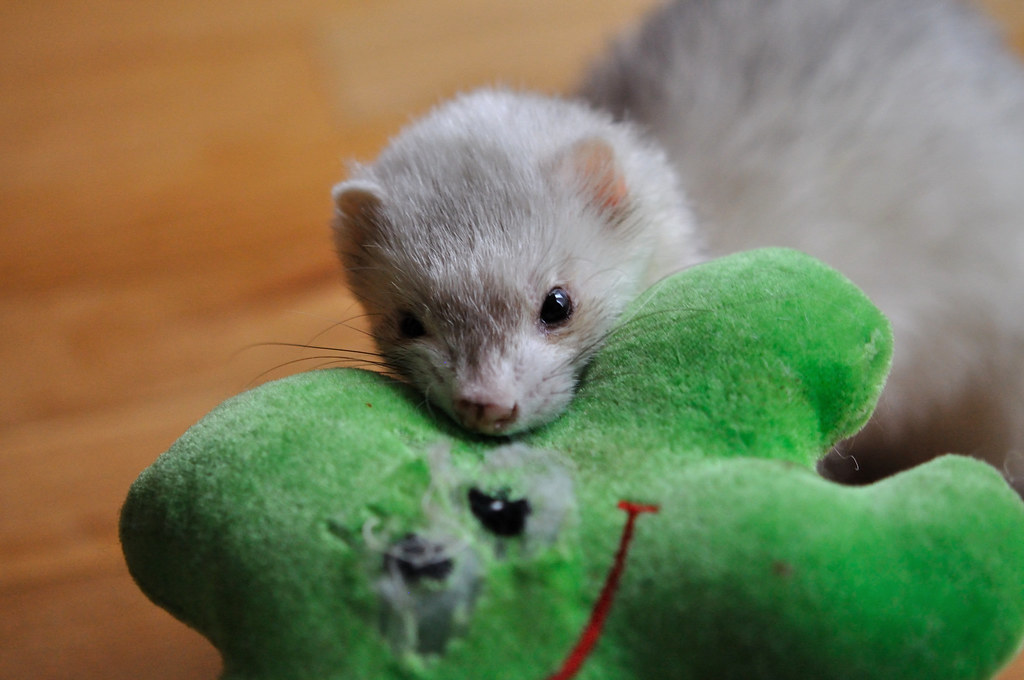
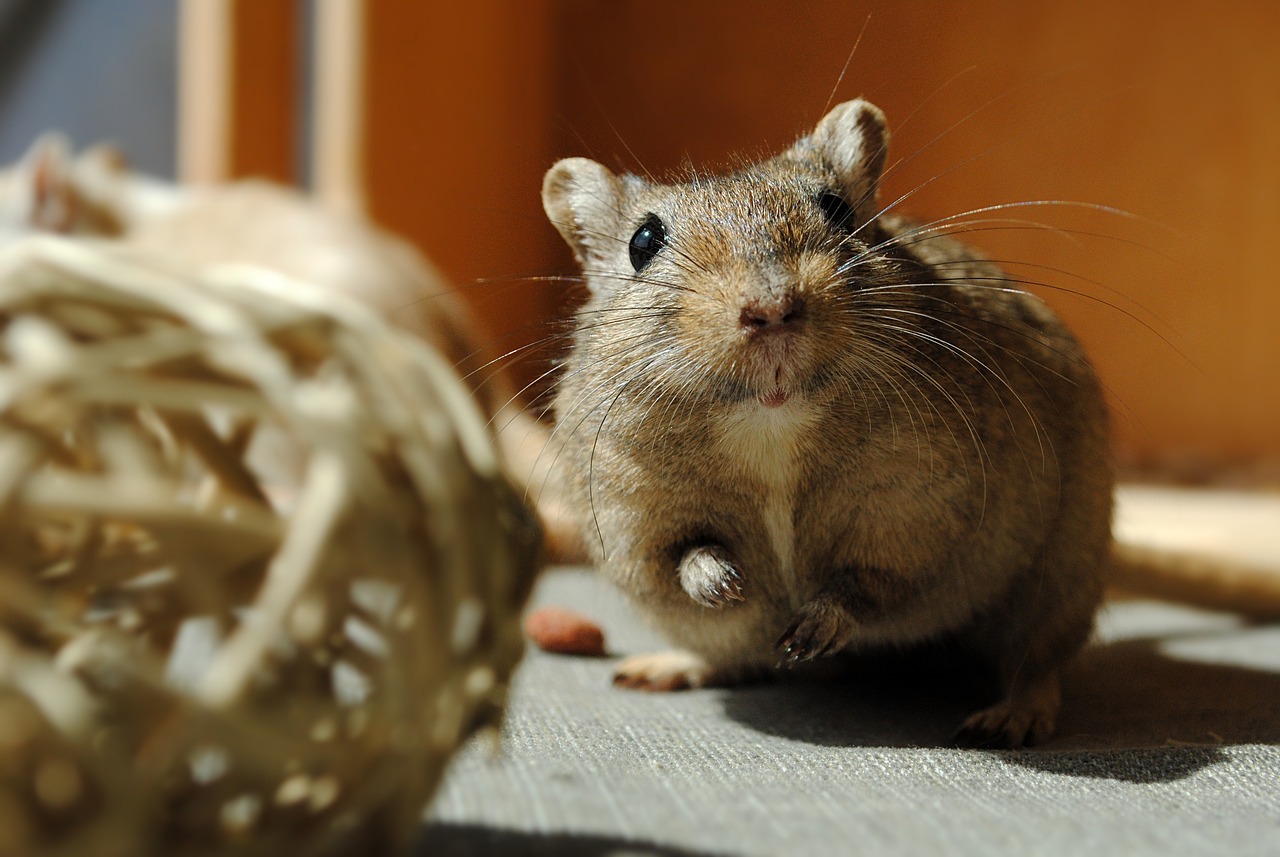
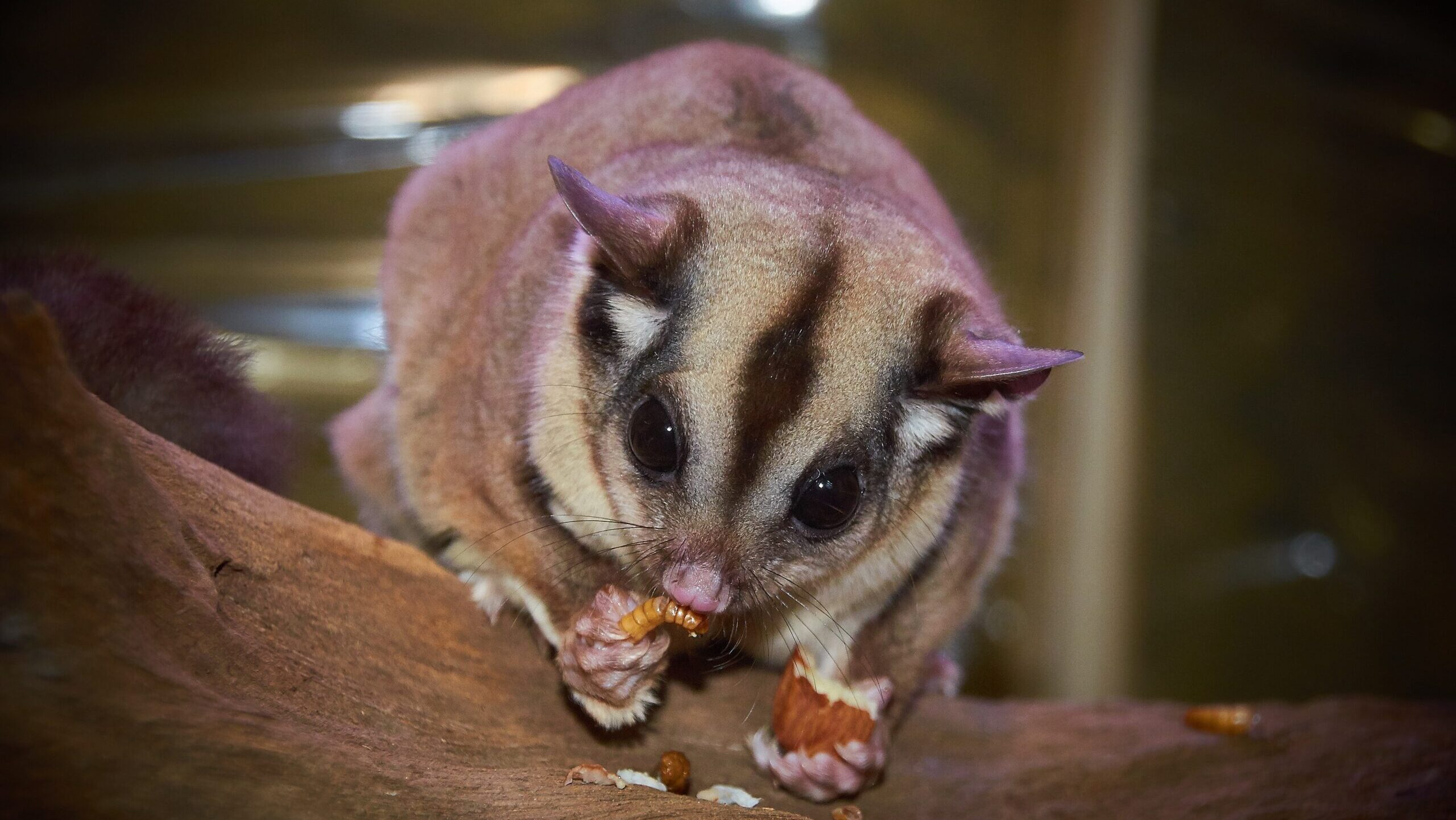
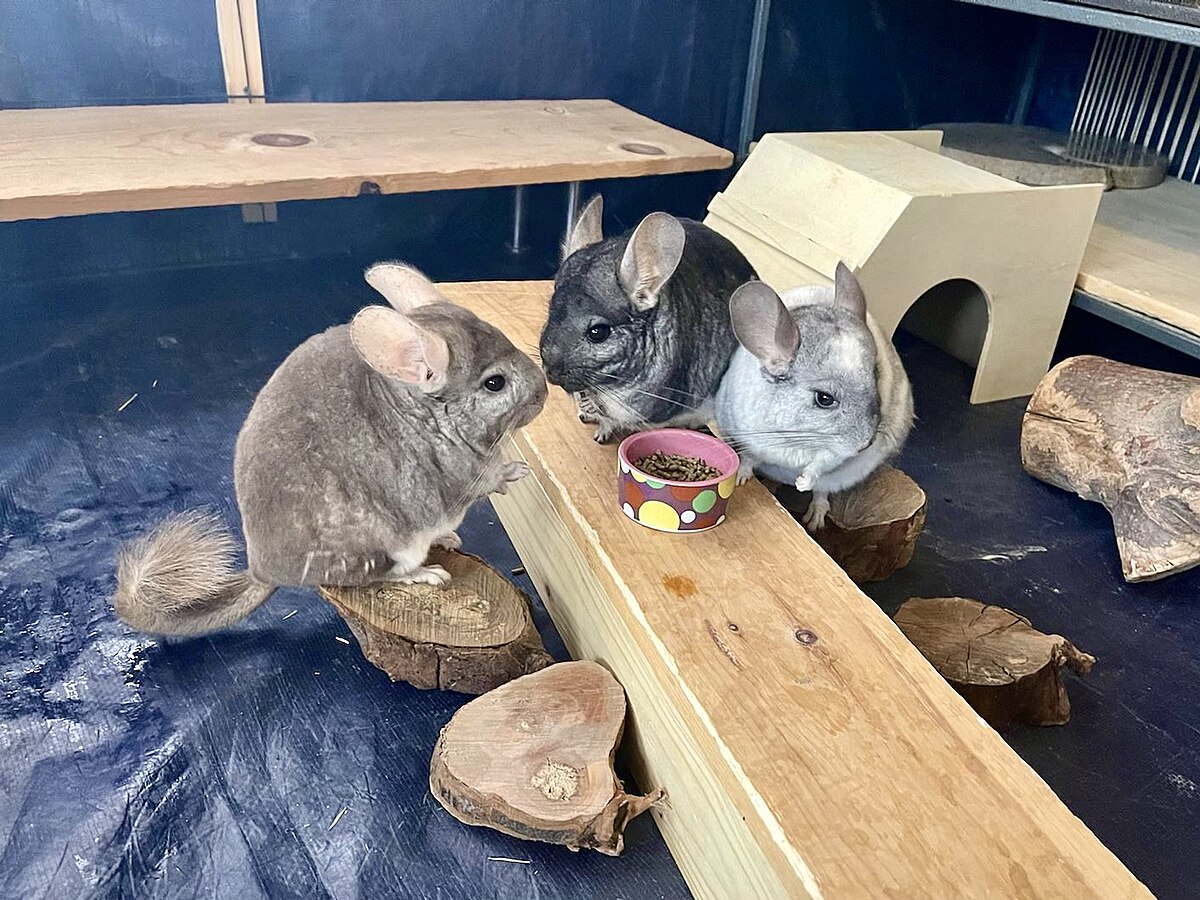

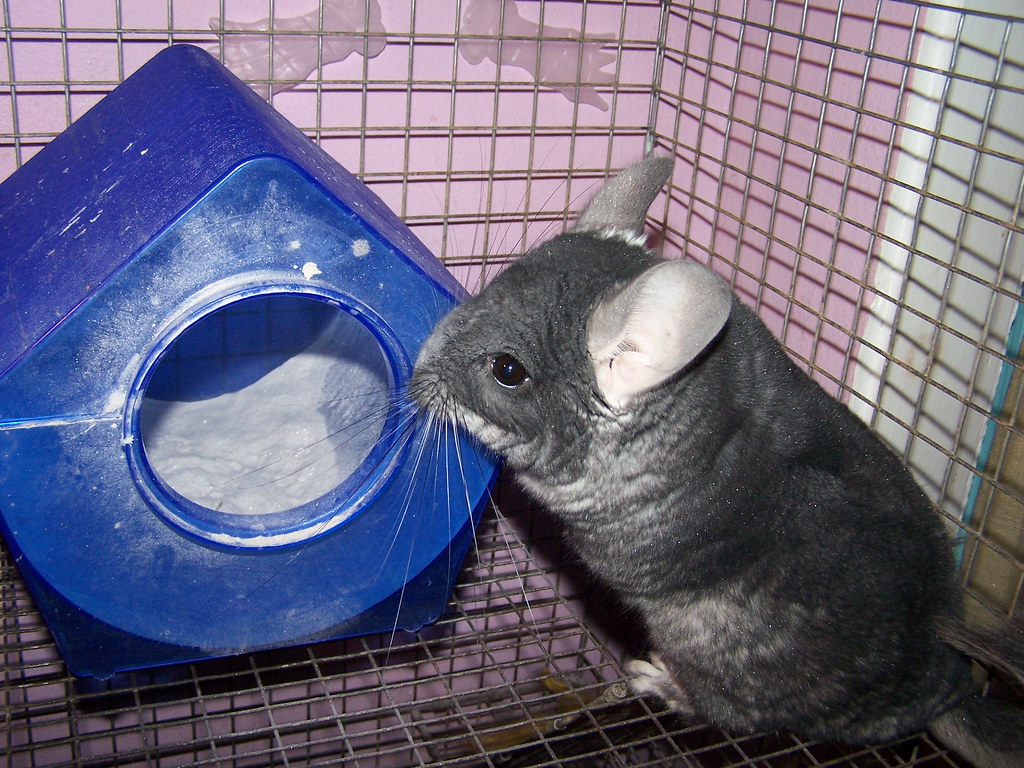


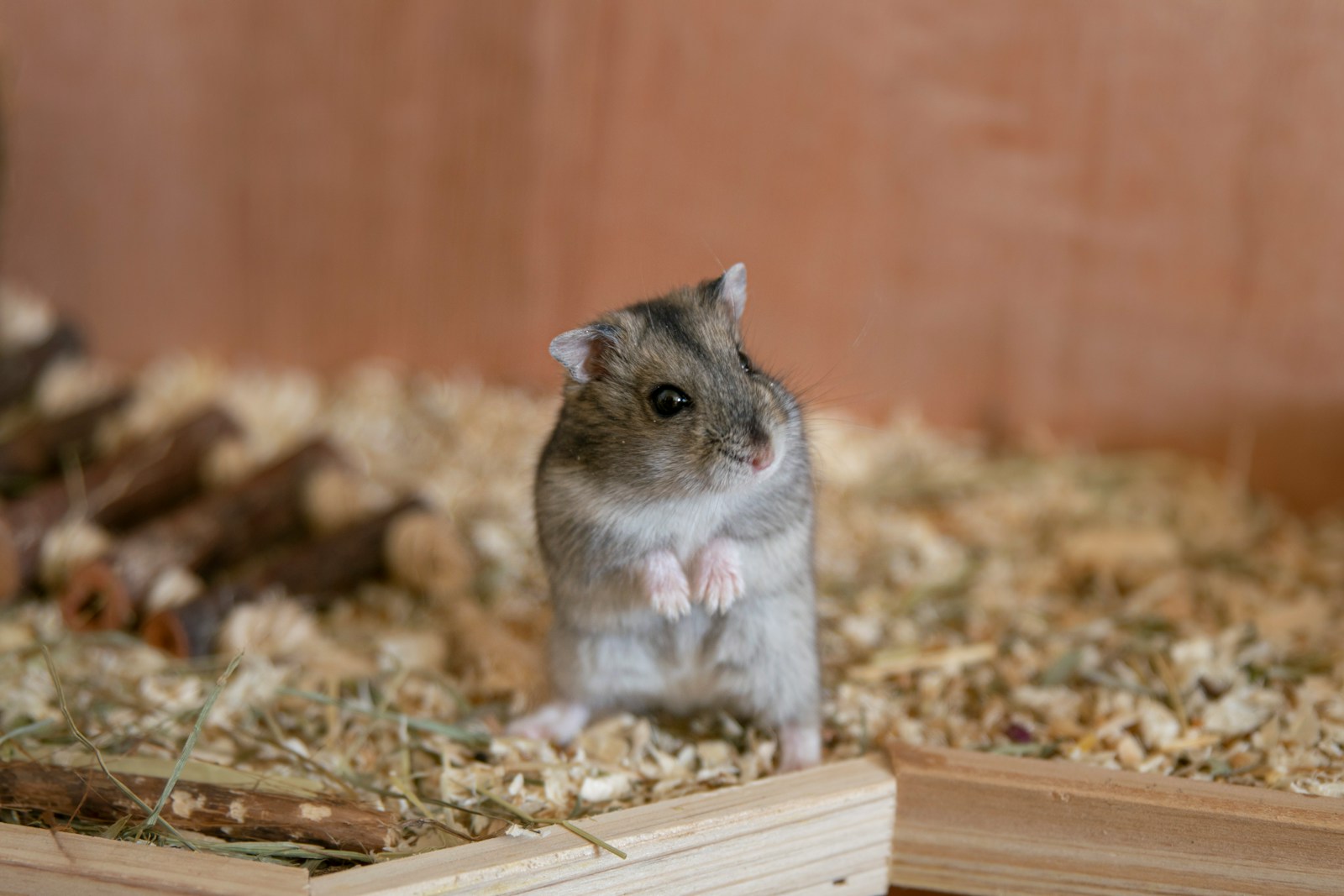
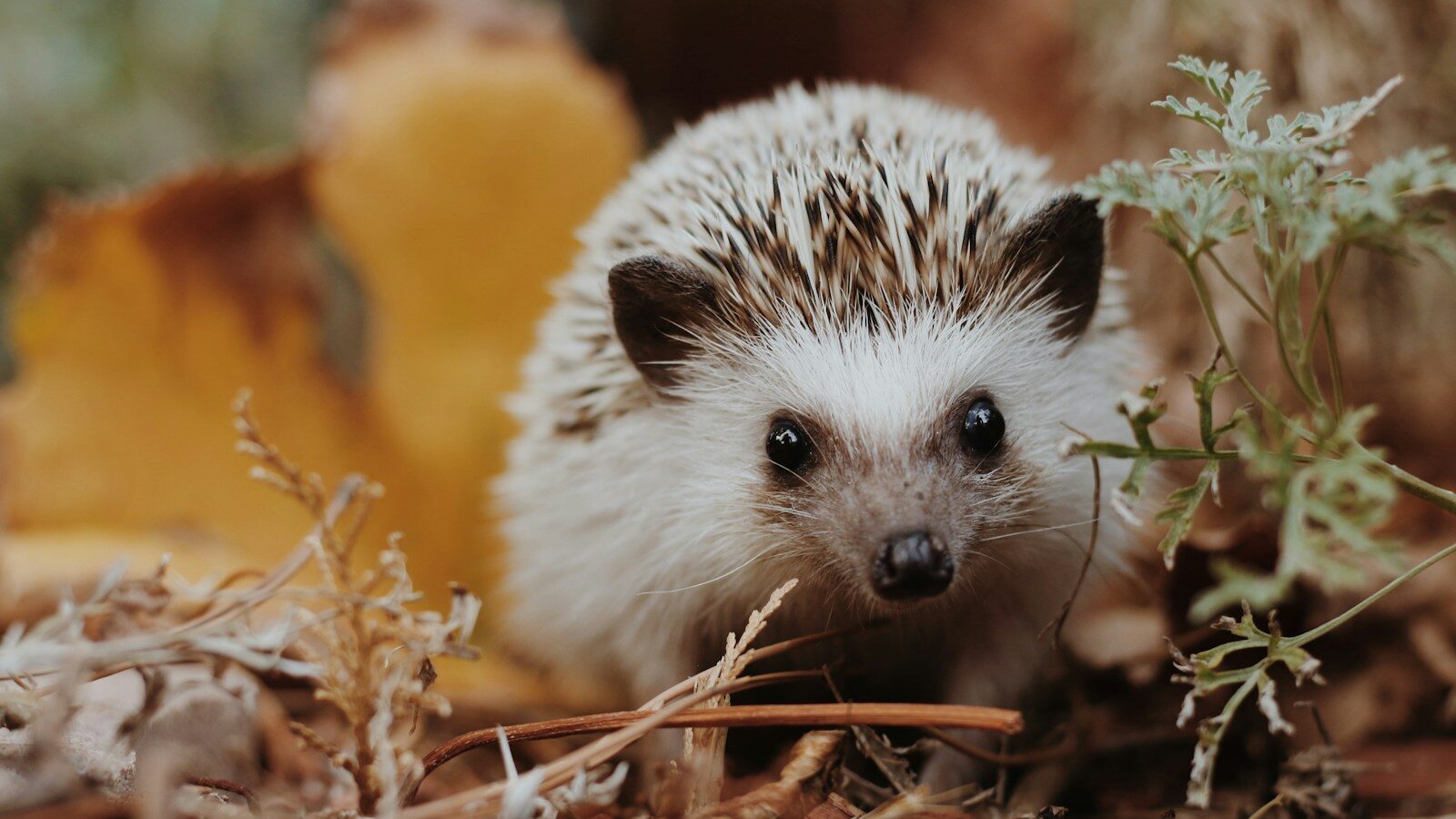
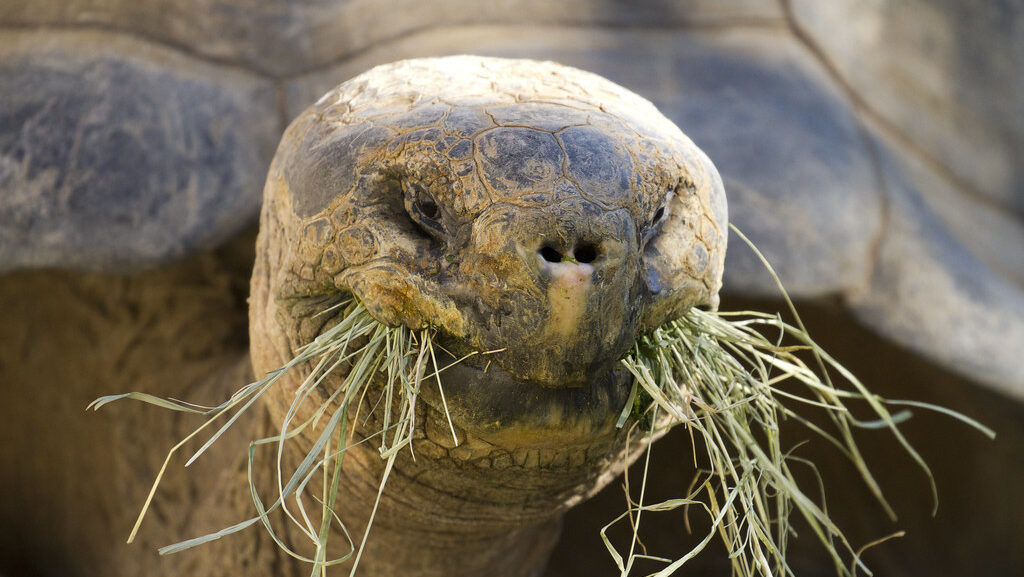
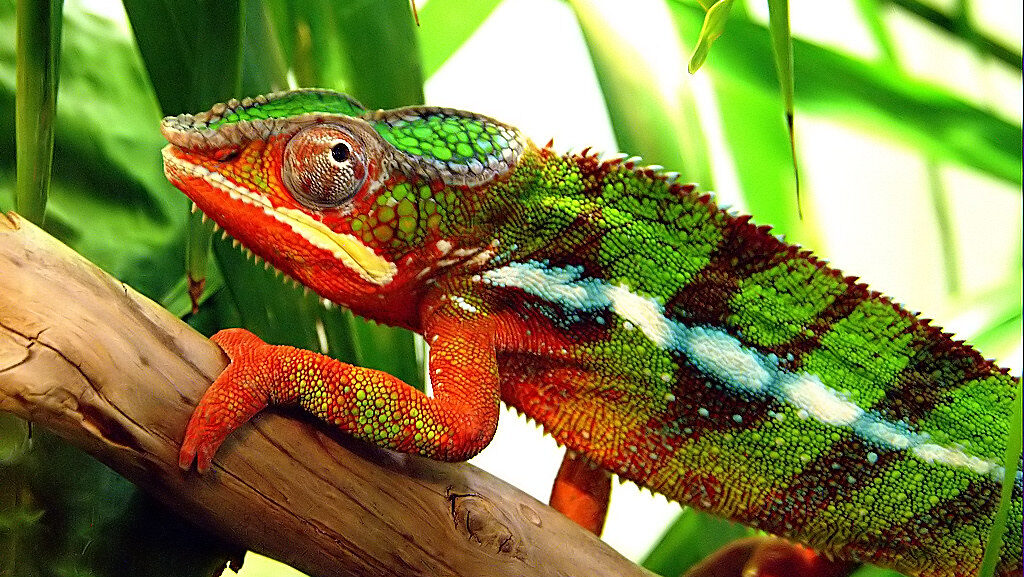
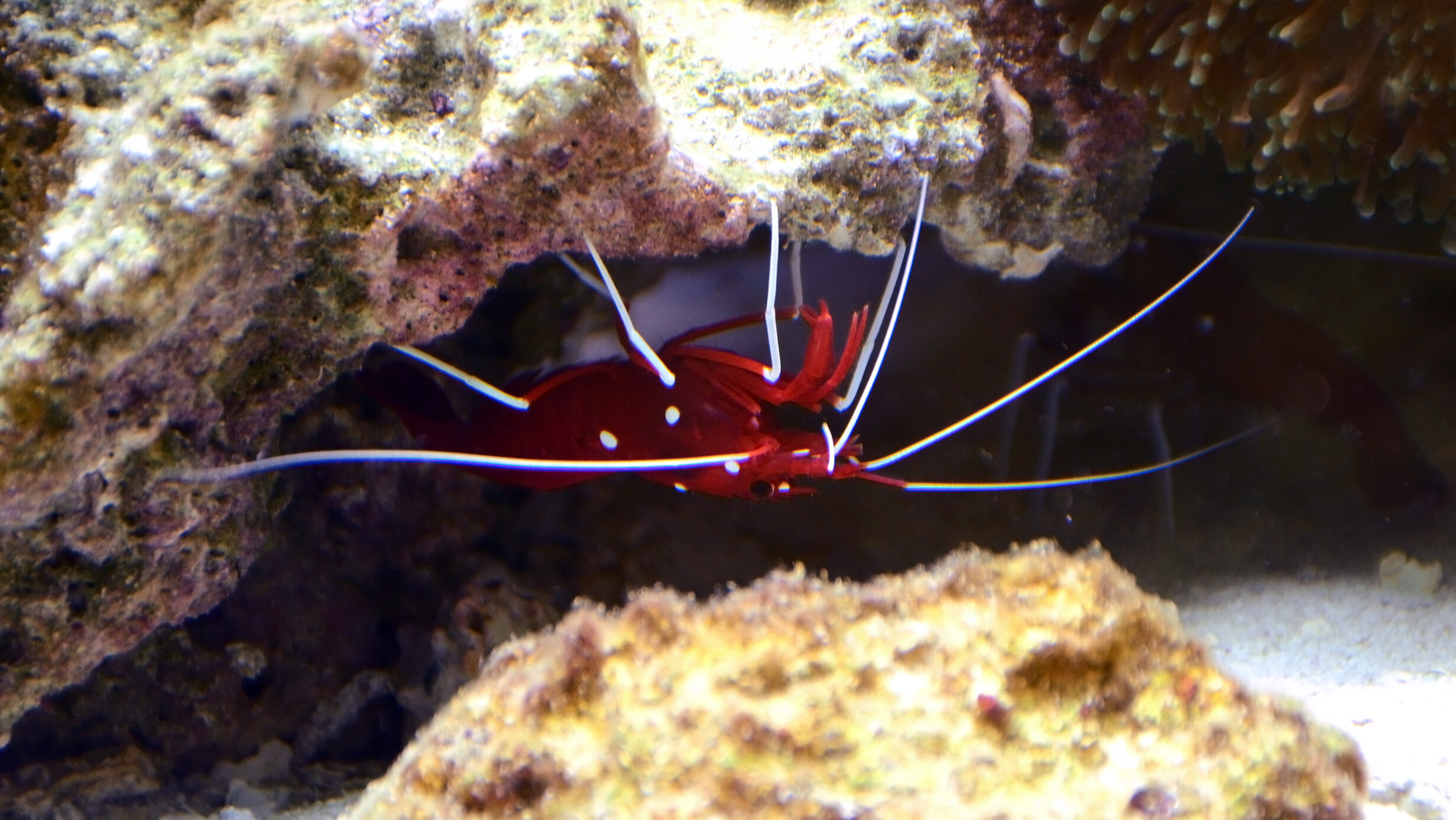
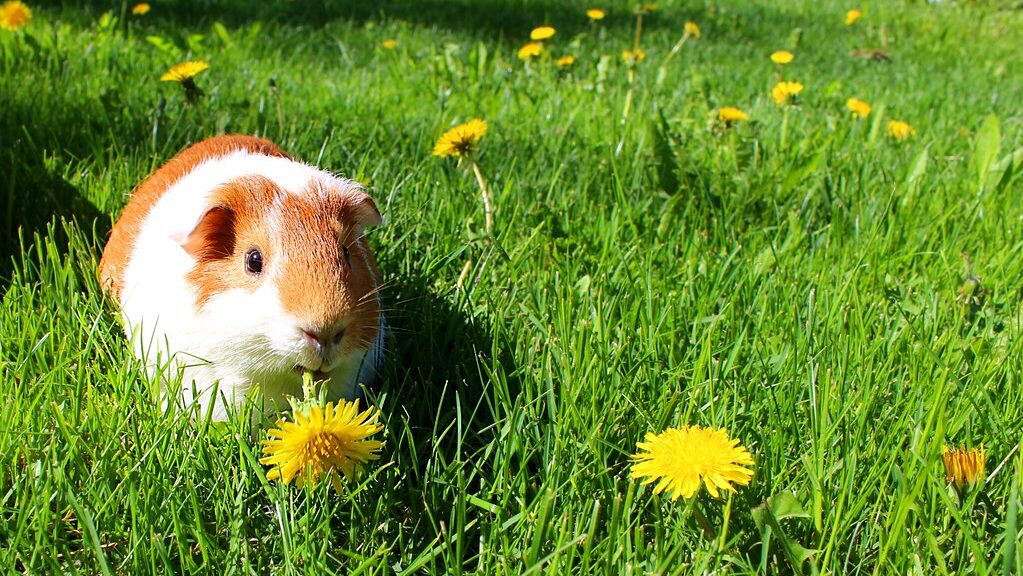
Leave a Reply